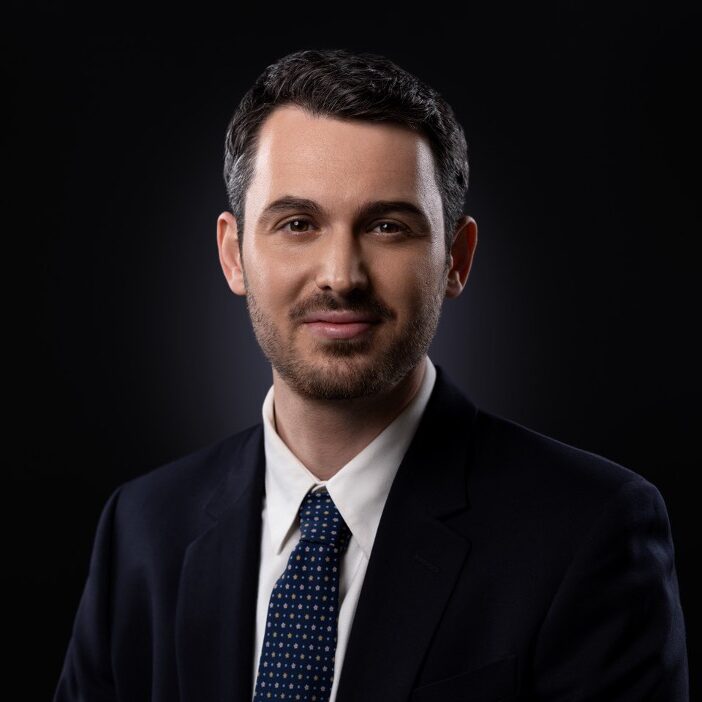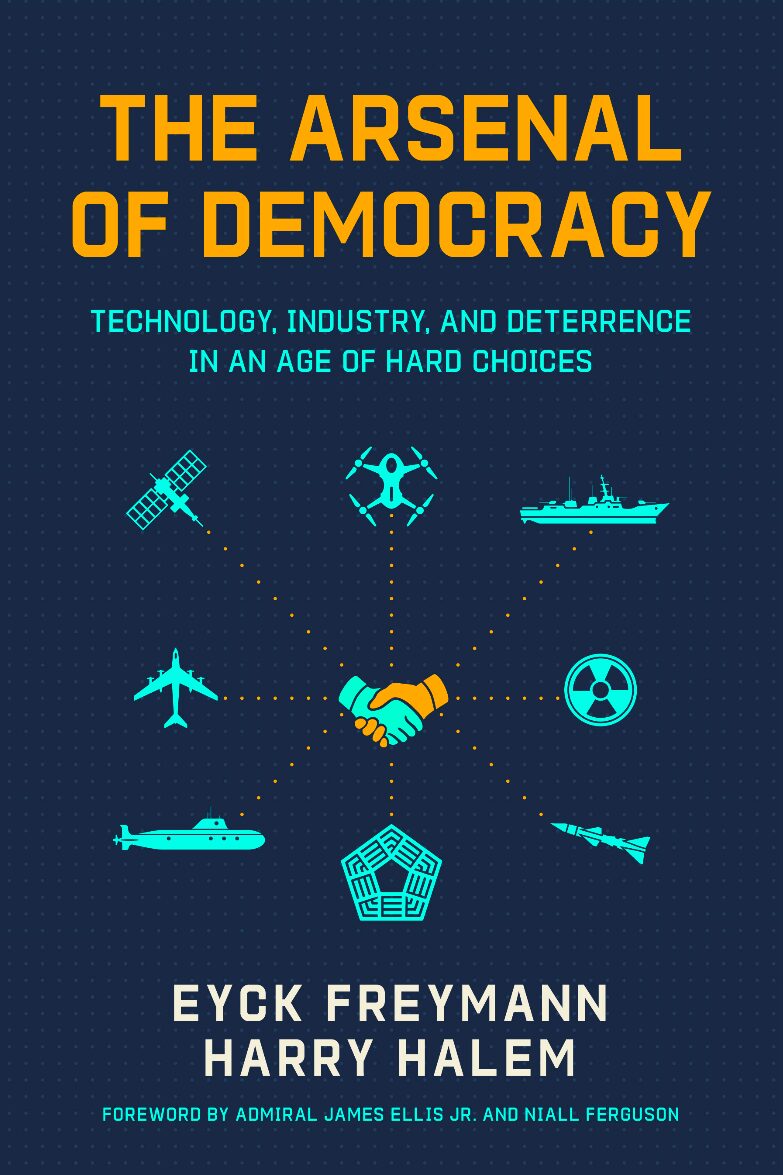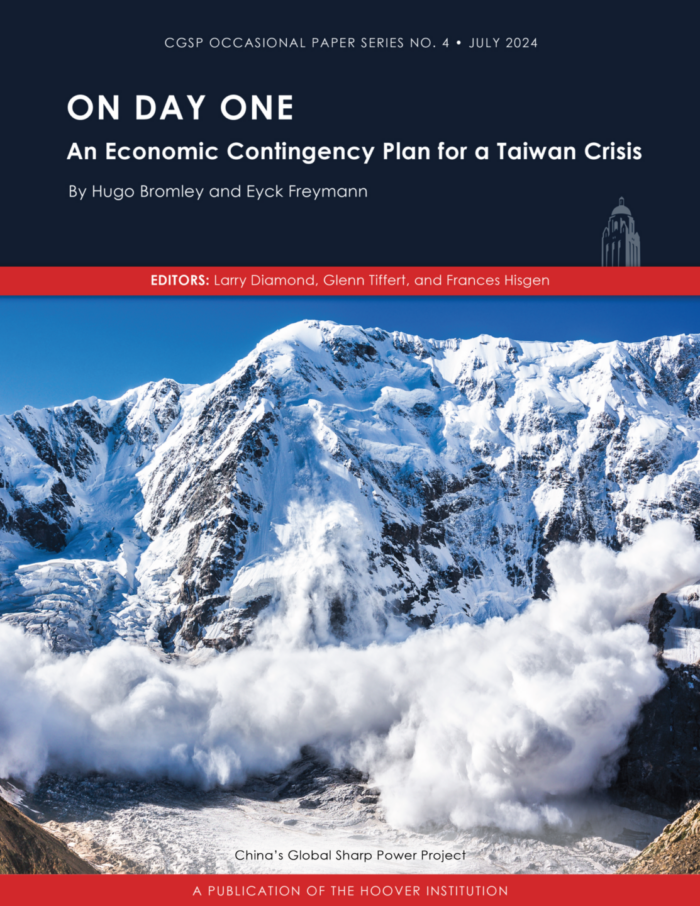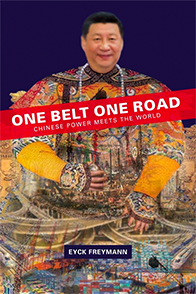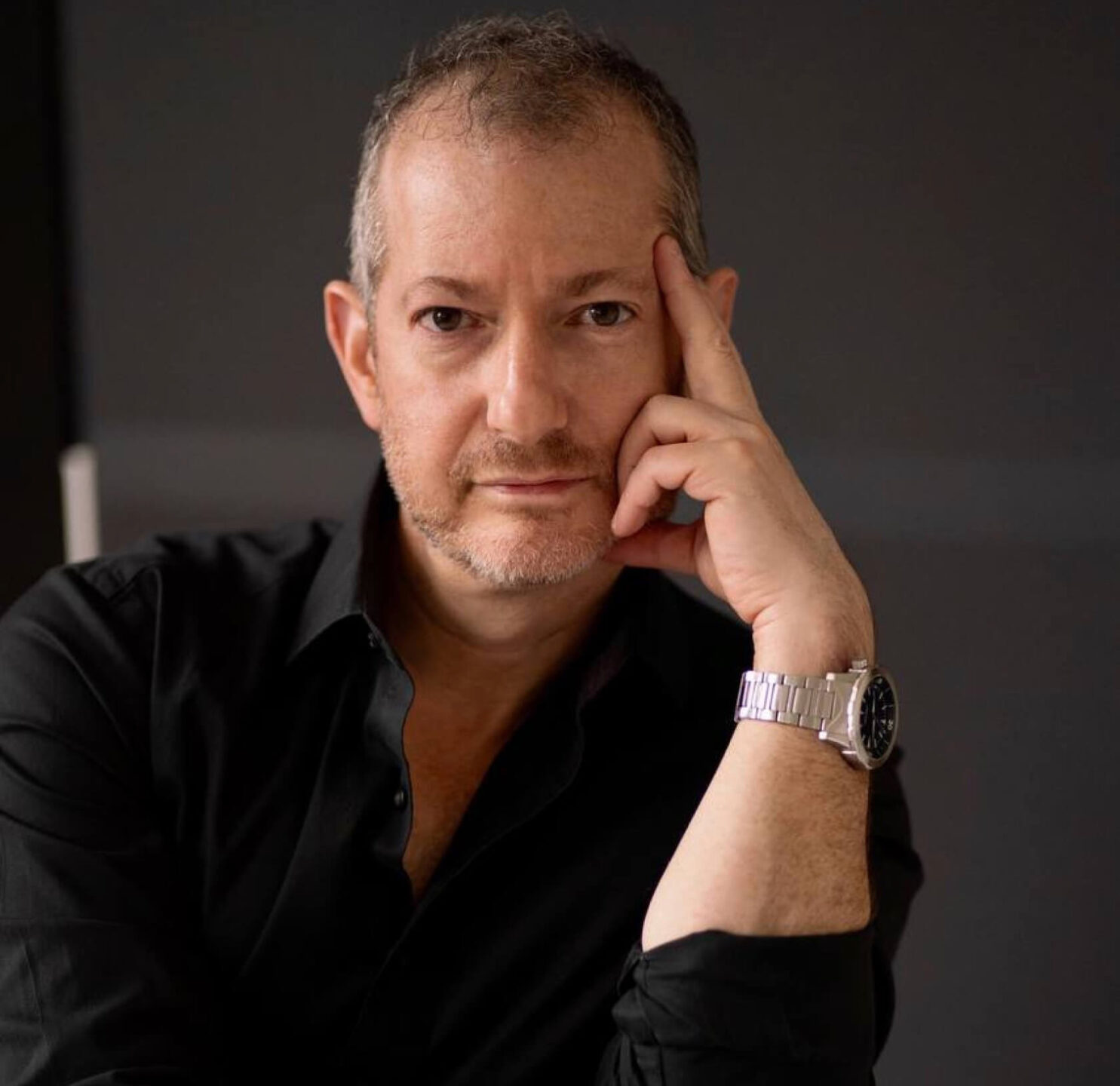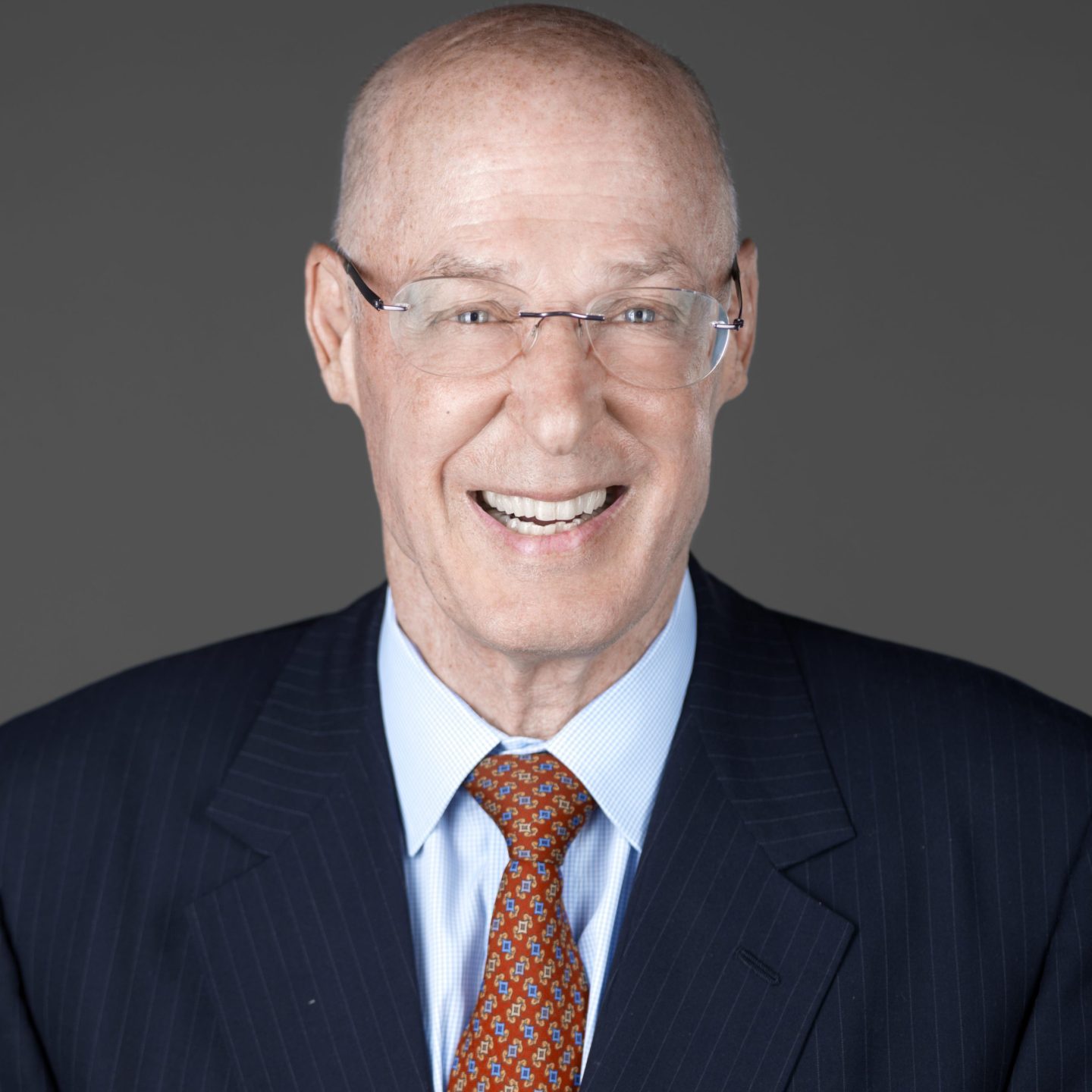Dr. Eyck Freymann
Leading Expert on U.S.-China Strategic Competition; Acclaimed Author; Advisor to Investors, Executives, and Governments
Dr. Eyck Freymann is a highly sought-after speaker who brings rare depth and clarity to one of the most complex and consequential topics of our time: U.S.-China strategic competition. With firsthand expertise in CCP strategy and a unique ability to connect geopolitical dynamics to real-world business and policy decisions, he equips audiences with actionable insights across economics, technology, and national security. His combination of academic rigor, policy influence, and private-sector advisory experience makes him especially valuable for decision-makers navigating global risk and opportunity.
Check Availability
Travels From: New York | Fee Range: $15,000 & Under


